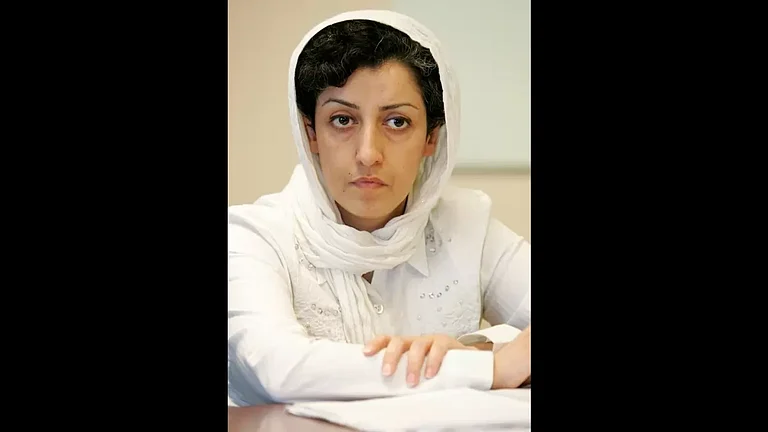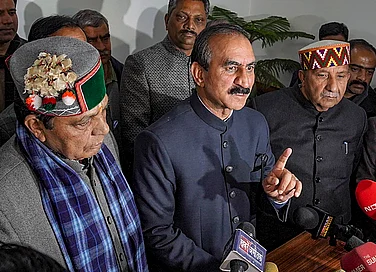In the mid-1980s, as a young army officer, I had occasion to ride in the Kolos Tatra vehicles in the dusty deserts of Rajasthan. Compared to the locally manufactured Shaktiman, the army’s 3-tonne workhorse, the ride in the Tatra was an absolute delight. Lost in the romantic world of soldiering, I had no idea that three decades later, this vehicle would be in the eye of a storm—the “bribery bombshell” dropped by army chief Gen V.K. Singh. Given our huge defence budget, a range of operational commitments and the absence an effective military-industrial complex, India remains a magnet for suppliers of defence equipment. Our psus—the private sector has been kept out—have failed to come up with state-of-the-art technologies. Instead, they import systems to stay afloat, like the Kolos Tatra.
The army chief was apparently offered a bribe of Rs 14 crore to renew the monopoly of the Tatra vehicles in the Indian army. This has raised a storm, and all ex-military men working with companies that have a stake in the defence industry are now being viewed with suspicion. However, they are at best proxies for the big boys, who use serving and retired military officers to further their business. One reason for military officers taking this route—mostly after retirement—is that they have the domain expertise to do so. These officers know what is required and some of them can work the system to their employers’ advantage, having served in a branch of the service headquarters dealing with weapon systems and acquisitions.
Also, more and more service officers are beginning to take this route because, unlike bureaucrats who on retirement find ways of getting membership of the several hundred committees in existence, very few retired services officers are found politically acceptable, whatever their merits, for a post commensurate to the rank they’ve last held. Their opportunities for post-retirement employment are few. Gone are the days when old soldiers faded away, to tend to the flowers in their farms. Many officers retire and settle in metropolitan cities. Most of them are also extremely capable, and cannot be expected to switch off. As many of India’s defence-related PSUs are based in these cities, these are a logical source of employment for ex-service officers, especially those who are not inclined to write editorials and work the seminar circuit.
However, it is grossly unfair to marginalise everyone who has chosen this route. The presence of ex-military officers is a reality of the global arms bazaar. In most western countries, former military officers are formally part of the management of defence-related companies that follow ethical norms. Our ministry of defence must accept this fact and find a way to work with them, instead of looking at everyone through coloured glasses.
While defence minister A.K. Antony has done much to make the process of arms acquisition transparent, it is unlikely he’ll achieve all the desired success because the problem is at the highest level—and not so much in the selection process—as was reportedly the case with Bofors. But Antony’s obsession to keep everything squeaky-clean has led to complete inaction over years (and added to previous delays, often running into decades) in the long-standing wish list of the forces. This has done more harm to national security than the presence of middlemen per se. And despite lobbying, middlemen cannot easily influence selections and purchases.
The armed forces select a weapon system through extensive trials in all types of terrain and operational environments. Many officers are involved in the process. It is impossible to get them all to recommend a particular dealer or system unless the system meets the army’s needs. A shortlist is then drawn up for the top civil-military brass to choose from. It is here that a lobbyist can push his wares.
And as the lament of the army chief—in his confidential letter to the PM, that’s now gone public—clarifies, the army is critically short of ammunition and equipment to defend India. The challenge for the defence minster is not only to sanitise the system, but also ensure that the ‘Bofors Syndrome’ doesn’t harm our preparedness, as the Kargil conflict had shown, and as Gen V.K. Singh’s letter has now highlighted. Nothing can be worse than asking a man to battle for his country without the ammunition and equipment he needs.
(The writer is an ex-army officer. He now appears in defence-related programmes on Times Now.)
























